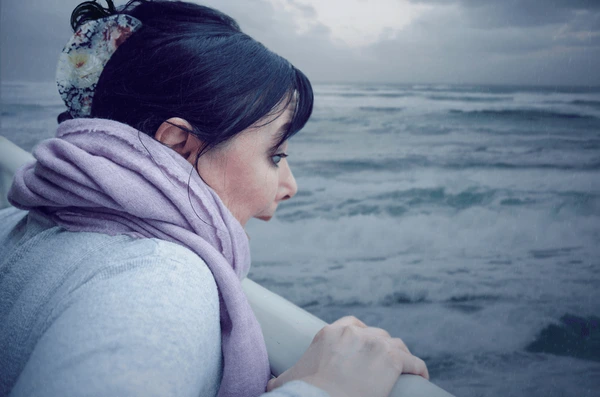
Aquaphobia: Fear of water
Aquaphobia is a fear of water. People with this specific phobia feel anxious when they think about or see water. They may avoid baths, showers, pools and bodies of water. Many people with aquaphobia have had traumatic experiences with water. You can overcome a phobia of water with exposure therapy, cognitive behavioral therapy and medication
What does a person with aquaphobia fear?
Someone with aquaphobia may be afraid of:
- Baths or showers.
- Being sprayed or splashed by water.
- Drinking water.
- Lakes, oceans, rivers and other bodies of water.
- Water from the tap.
Symptoms and Causes
What are aquaphobia causes?
Possible causes of aquaphobia include:
- Past traumatic events: People who’ve had a traumatic experience related to water may develop aquaphobia. For example, you or someone else may have had a near-drowning experience.
- Negative stories about water: Some people heard scary stories about water, drowning or shipwrecks during childhood. Others watched movies about frightening incidents in the water, such as the shark in the 1975 film, “Jaws.”
- Family history: Your risk of aquaphobia increases if one of your parents or close relatives has a phobic disorder or anxiety disorder. And you may be more anxious than other people if you have a certain gene mutation (change).
- Modeling: Seeing a person with aquaphobia or hearing someone talk about their fear of water may lead you to develop the same phobia.
What are aquaphobia symptoms?
Aquaphobia symptoms can range from mild to extreme. The most common symptoms are extreme anxiety when around water and when thinking about water. Other symptoms include:
- Dizziness or fainting.
- Intense sweating (hyperhidrosis).
- Nausea.
- Pale skin.
- Panic attacks.
- Rapid breathing and heart rate.
- Strong feeling of terror.
- Trembling, shaking or tense muscles.
- Trouble sleeping (insomnia).
How is aquaphobia diagnosed?
If aquaphobia disrupts your life, your healthcare provider may recommend seeing a mental health professional like a psychologist.
You may have a specific phobic disorder if the fear of water:
- Causes extreme anxiety.
- Goes on for at least six months.
- Leads you to avoid situations such as going to parks, swimming pools or picnics at a lake where water is present.
- Is significantly disruptive to your life.
- Triggers symptoms of anxiety or fear that don’t match the actual danger.
- If contact with water usually or typically produces this extreme anxiety.
